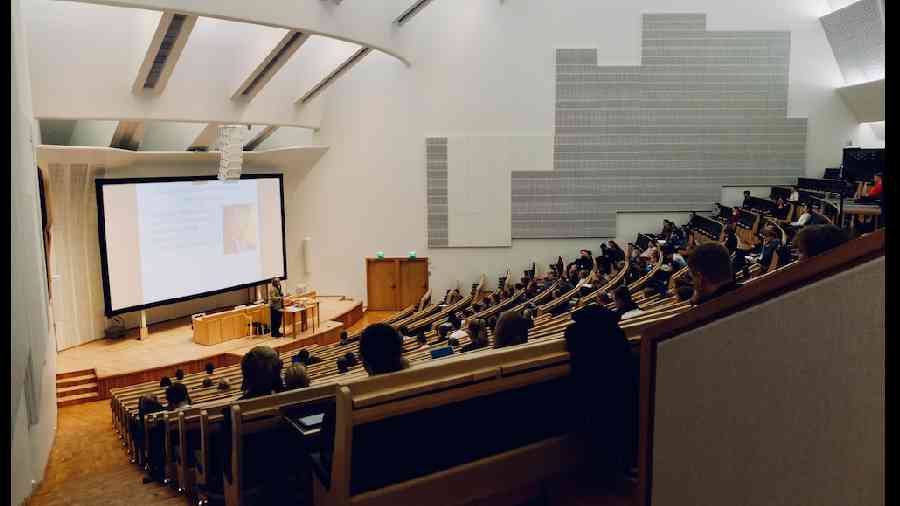The sorry state of the pursuit of philosophy in India’s educational institutions must be making Plato turn in his grave. Enrolment in philosophy courses has been decreasing steadily, with many universities — Andhra University being one — shuttering their philosophy departments. Those still left standing are severely hamstrung. The University of Madras reportedly has only one professor left; a drastic reduction from the nine who taught there in 1983. Philosophy does retain its popularity in pockets: West Bengal and Delhi are examples. But these are very much exceptions than the rule. The Central Board of Secondary Education did away with philosophy as an optional subject at the higher secondary level. The reasons for the decline seem clear to educators. It is believed that philosophy students are offered slim pickings in the job market; a stagnant curriculum does not help attract the brightest of minds either. The crisis, however, is deeper; it transcends the subject. The disenchantment with philosophy could well be one manifestation of the commercial underpinnings of the modern education system that is content with churning out by-products — students — skilled for the job market. The National Education Policy has done little to resist the urge to foster an instrumental, instead of intellectual, attitude towards learning. Red-tapeism, funds’ crunch and nepotism plague research institutions. The privatisation of education, with supposedly better standards of teaching, has not corresponded with renewed interest in philosophy.
The pursuit of knowledge for its own sake is crucial to the realisation of the creation of a knowledge economy — supposedly a goal of India’s policymakers. This would have an additional benefit: a knowledge economy, in which students are taught to think independently and ask questions, is of fundamental importance to the functioning of a democracy. Is, then, there a way out? In the United States of America, the threat of disciplinary isolation of philosophy was addressed by plans to promote it as a ‘public practice’, something that addressed the issues faced by the common people. Some of the best practitioners of philosophy, Hannah Arendt and Angela Davis, for instance, imbibed this spirit in their work. Aligning philosophy to public life is, therefore, necessary not only for its survival but also to honour its foundational vision.










